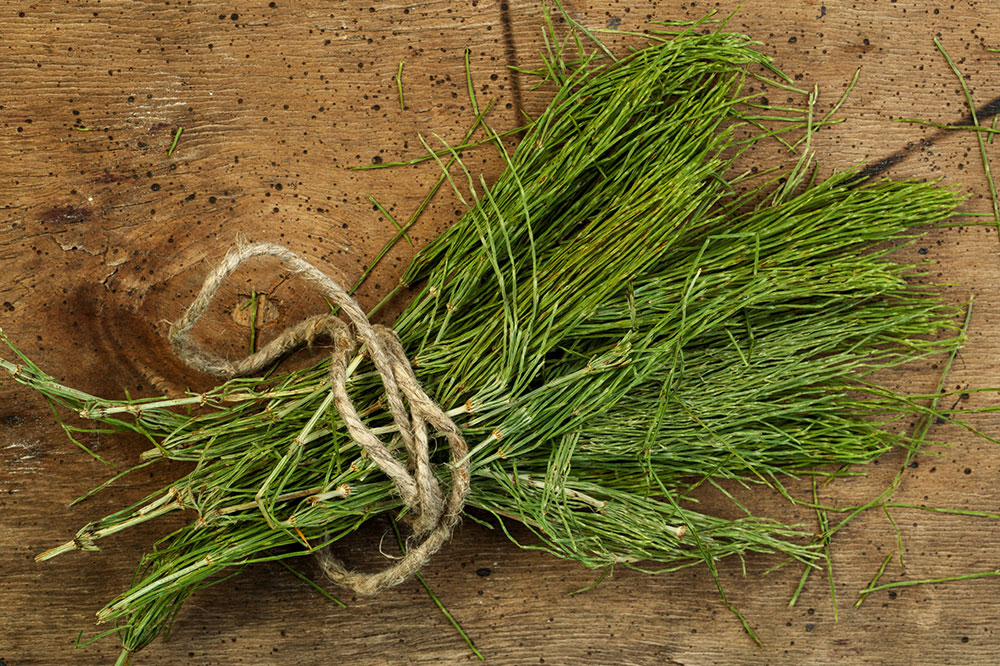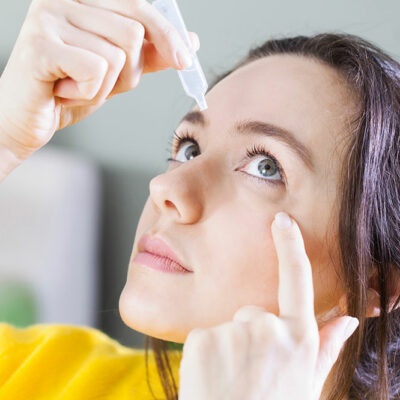
5 Herbs That Help Treat an Overactive Bladder
Overactive bladder (OAB) disorder is a condition in which one feels the urge to frequently urinate and usually has no control over their bladder. Apart from frequent urination, OAB is also known to trigger urinary incontinence that can be difficult to manage. While medications and other products help treat this condition, we will discuss some herbal treatments that can help manage some OAB symptoms, so be sure to try these remedies after a doctor’s consultation.
1. Horsetail
Horsetail, scientifically named as equisetum arvense, is a herb thats main element is the mineral silica. According to research, silica is a mineral that is essential to build strong connecting tissues in the body. If such is the case, the consumption of this herb should also be helpful in strengthening the connecting tissues in the bladder, making it more resistant to incontinence. Horsetail doesn’t just contain silica but also helps in absorption of it in the body. Your doctor can help you decide how much is needed as a remedy for your condition.
2. Crataeva
Also known as crataeva nurvala , this medicinal plant is found in India. Research has shown that this has been used as a remedy for an overactive bladder since the 8th century BC and has been known to be effective. More studies show that consumption of this herb increases the bladder tone and capacity in cases of hypotonic bladder and thus helps in urinary disorders like overactive bladder. If taken for 6 to 12 weeks, there are chances of improving your OAB symptoms.
3. Mullein
Verbascum thapsus seems to be useful for urinary incontinence that is triggered due to menopause. Due to low estrogen levels in the body, which happens during menopause, the bladder sphincter weakens and causes the muscles to lose control. With the consumption of mullein in the form of a remedy, these bladder muscles gain strength and can help manage the OAB symptoms.
4. Buchu
This popular South African herb goes by another name called barosma betulina . According to studies, this herb has been used as a medicinal plant since the 17th century. Anti-inflammatory properties of this herb help treat several ailments like coughs, stomach aches and also kidney infections along with urinary infections. Consumption of this herb helps resist the urge to urinate frequently and especially useful to those who suffer OAB triggered by diabetes.
5. Green Tea
Camellia sinensis, popularly known as green tea, is already a health drink that’s loved by most. While the consumption of caffeine is restricted or next to nil when trying to treat OAB, drinking green tea is more of a preventive measure than a treatment. According to a study done in 2011 by the Curtin Health Innovation Research Institute, women who drank about 700 ml of green tea in a day were at low risk of getting any bladder leakage.


